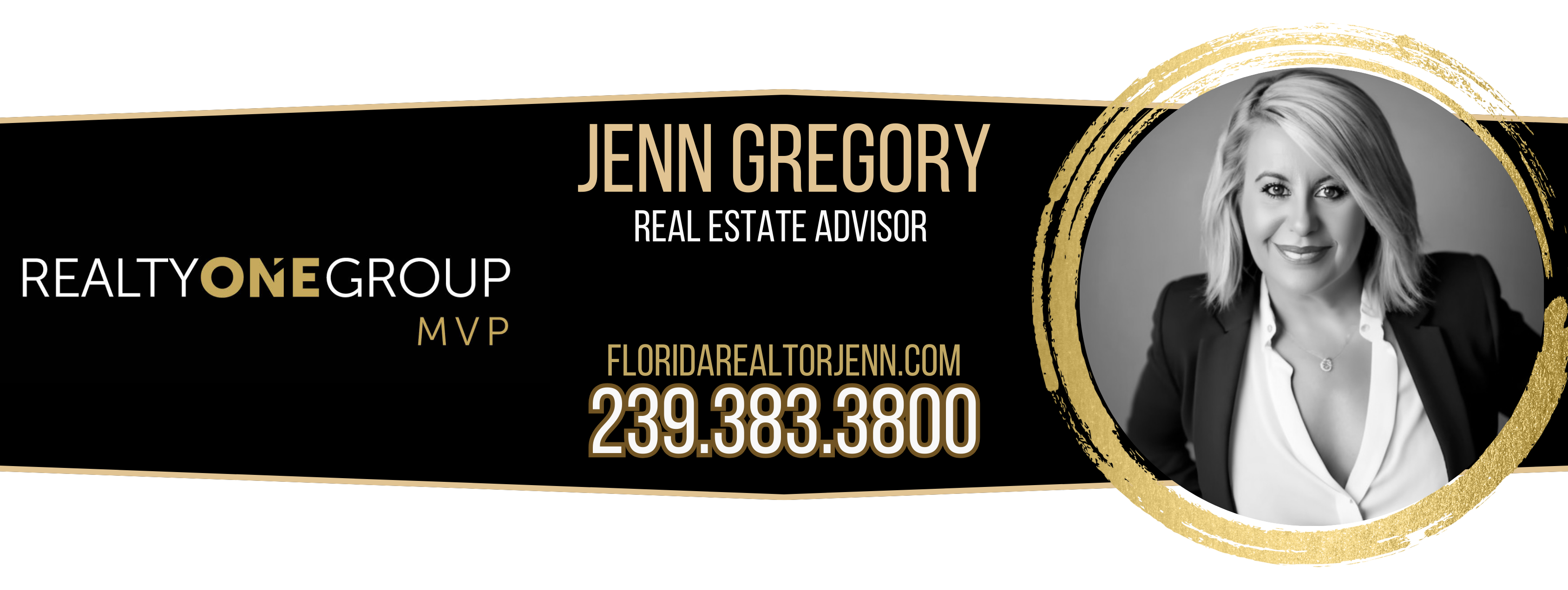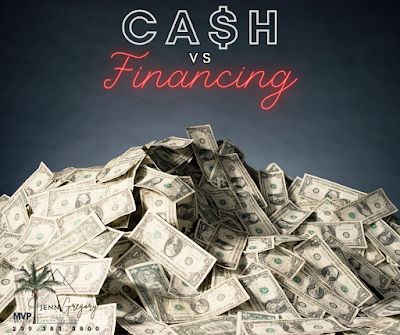Deciding whether to pay cash or finance a property is a personal choice that depends on your financial situation, investment goals, and risk tolerance. Here are some advantages and disadvantages to consider when deciding between paying cash or financing a property:
Advantages of paying cash:
No debt: By paying cash, you avoid taking on debt and the associated interest charges and fees.
Lower closing costs: Paying cash eliminates the need for mortgage-related closing costs such as origination fees, appraisal fees, and title insurance.
Increased negotiating power: Cash buyers may have an advantage when negotiating the purchase price of a property, as sellers may prefer a cash sale over a financed sale.
Faster closing: Paying cash can result in a faster closing, as there is no need to wait for financing approval or for the mortgage process to be completed.
Disadvantages of paying cash:
Loss of liquidity: Paying cash ties up a significant amount of liquid assets that could be used for other investments or emergencies.
Opportunity cost: By tying up cash in a property, you may miss out on other investment opportunities with higher returns.
Reduced tax benefits: Financing a property may provide tax benefits such as mortgage interest deductions, which are not available to cash buyers.
Advantages of financing:
Preserves liquidity: Financing a property allows you to keep more cash on hand for other investments or emergencies.
Tax benefits: Mortgage interest payments may be tax-deductible, which can reduce your overall tax liability.
Increased leverage: Financing a property can increase your buying power and allow you to invest in more properties than you could with cash alone.
Asset appreciation: As property values typically appreciate over time, financing allows you to benefit from the appreciation of the entire value of the property, rather than just the cash invested.
Disadvantages of financing:
Debt and interest charges: Financing a property involves taking on debt and paying interest charges, which can increase the overall cost of the property.
Higher closing costs: Financing a property typically involves higher closing costs than paying cash, including mortgage-related fees and charges.
Risk of foreclosure: If you are unable to make your mortgage payments, you risk losing the property through foreclosure.
Ultimately, the decision to pay cash or finance a property depends on your individual financial situation and investment goals. It's important to consider the advantages and disadvantages of both options, as well as consult with a financial advisor or real estate professional to determine which option is right for you.


No comments:
Post a Comment